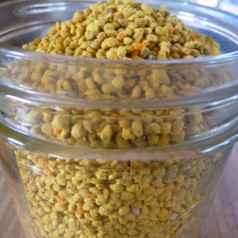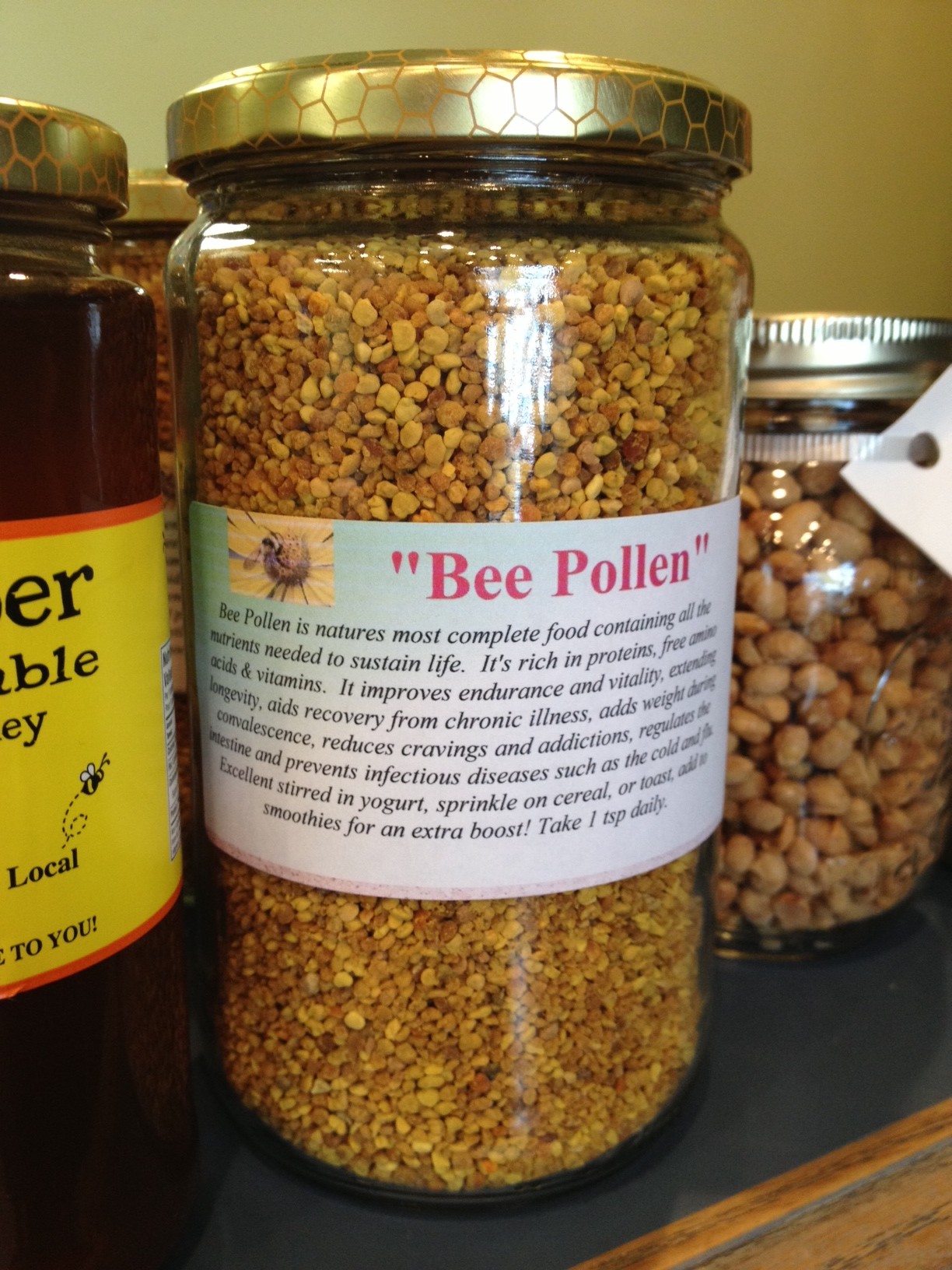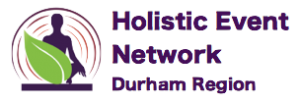Bee Pollen – A New Super Food

Bee Pollen is the newest holistic super food to baffle scientists and nutritionists alike. Bee pollen is NOT a by-product of honey. Rather, while bees fly around collecting nectar, they simultaneously collect flower pollen in ‘pockets’ on their back legs and feed it to the baby bees back at the hive. These nuggets of compressed flower pollen can be collected by bee keepers and are an incredibly rich source of nutrients. In fact, many people calling it ‘nature’s most complete food’. At 40% protein, bee pollen has more protein than beef, eggs or cheese of equal weight, and is also the richest known source of rutin. Its also full of free amino acids and vitamins.

This is a jar of bee pollen I found for sale at The Lauriam Tea House in Bowmanville. This jar is about $22.
There is also an undiscovered ‘magic’ to this superfood. Scientists have created bee pollen ‘simulations’ containing all the nutrients and amino acids present in the natural bee pollen – and yet when this was fed to bees they slowly died. So there is something present in the natural bee pollen that science has yet to quantify. This idea appeals to people who have been placing a lot of health claims on the little food. Bee Pollen is currently being used by some cancer patients who claim that the bee pollen has increased their immune system, allowed them to maintain weight and appetite during chemo therapy as well as avoid some of the worst side effects of that treatment. While this has yet to be confirmed through formal scientific channels, one study has been done which found a dramatic decrease in tumours in prone mice who were fed the pollen. (See this link to read about some of those studies.) There are additional claims of bee pollen being effective in managing addictions, and improving allergies.

It takes each bee about a month to collect a full pellet, with each pellet containing hundreds of thousands of grains of pollen.
Bee Pollen isn’t inexpensive. It takes each bee about a month to collect only a teaspoon of the pollen nuggets and so a large jam jar will cost you anywhere from $25-$30. However this is less expensive than many good vitamin and mineral supplements – and at only a teaspoon a day needed to supplement the standard diet – this seems pretty reasonable to me! You can purchase it dried – which gives its texture a very thick chalkiness, or try it frozen in which case it melts softly on the tongue with a light honey aftertaste that is quite delightful. I would take it straight myself, though the lady that introduced it to me claims she has a teaspoon of it on yogurt every morning.
You can purchase bee pollen from your local bee keeper, though I’ve found it locally at the Lauriam Tea House in Bowmanville. If you are looking for a truly holistic alternative to a vitamin and mineral supplement, this might be the solution you are looking for. Let us know in the comments section below if you’ve every tried bee pollen and what your thoughts were! We’d love to hear where you’re buying it too!







 The Natural Arts Community in Durham Region is made up of Organic Farmers, Yoga Studios, Holistic Practitioners and any other person or business who is dedicated to creating a more conscious world. Our mission is to make the public aware of these amazing businesses and people. We are growing an alternative marketplace for people who are ready to live a more conscious life.
The Natural Arts Community in Durham Region is made up of Organic Farmers, Yoga Studios, Holistic Practitioners and any other person or business who is dedicated to creating a more conscious world. Our mission is to make the public aware of these amazing businesses and people. We are growing an alternative marketplace for people who are ready to live a more conscious life.
Recent Comments